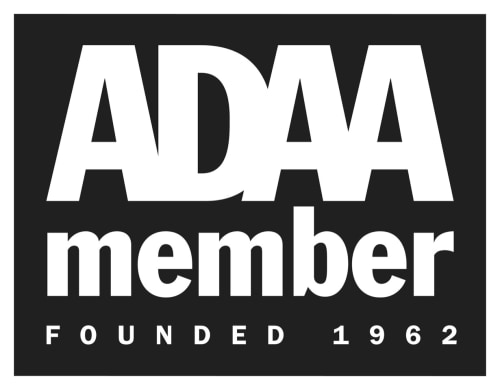
Tamia Alston-Ward
Mammy #5, 2022
24K gold, casein paint, egg tempera on prepared paper
9 x 12 inches
22.9 x 30.5 cms
22.9 x 30.5 cms
Copyright The Artist
While looted African pieces were being passed around, traded, and sold in the late 19th and early 20th century, new 'fetishes' were being manufactured en masse in the United States....
While looted African pieces were being passed around, traded, and sold in the late 19th and early 20th century, new "fetishes" were being manufactured en masse in the United States. The Jim Crow Era and the Reconstruction Era before it, furthered the creation of the quintessentially American amusement, adornment, and appropriation, at the expense of Black people in the form of stereotypical caricatures. This took the form of Blackface, party games, pranks, picnics, and also figurines. The subject in this piece is a piece of that history, purchased online after scouring the internet for "Americana Collectibles". Post-reconstruction Era American life made it illegal to own Black bodies outside of the penalty of a crime; however, the next-to-nothing wages and lack of upward mobility continued the exploitation of Black labor, incentivizing the creation to stereotypical images of Black people that whites can still "own", to try to remind Black people of their place. The "Mammy" is a caricature of a Black woman, usually depicted as dark-skinned, heavy-set, desexualized, jolly, and happy to nurture, and sometimes mother, white people. She is loud, and sassy, but warm, and has a unique ability to be vocal and outspoken, but it is only to have the whites' best interest at heart. The Mammy role is seen in Gone with the Wind, Aunt Jemima, and even in contemporary media as well. The Mammy reinforces the role that Black women are to be grateful in their labor while acting as an antithesis to the white woman, who at the time, was unable to work, deemed as precious, and to be protected at all costs. The medium egg tempera and casein paint (a medium made with milk protein) used in this piece led me to reflect on the space that women generations before me had to inhabit, the kitchen.
